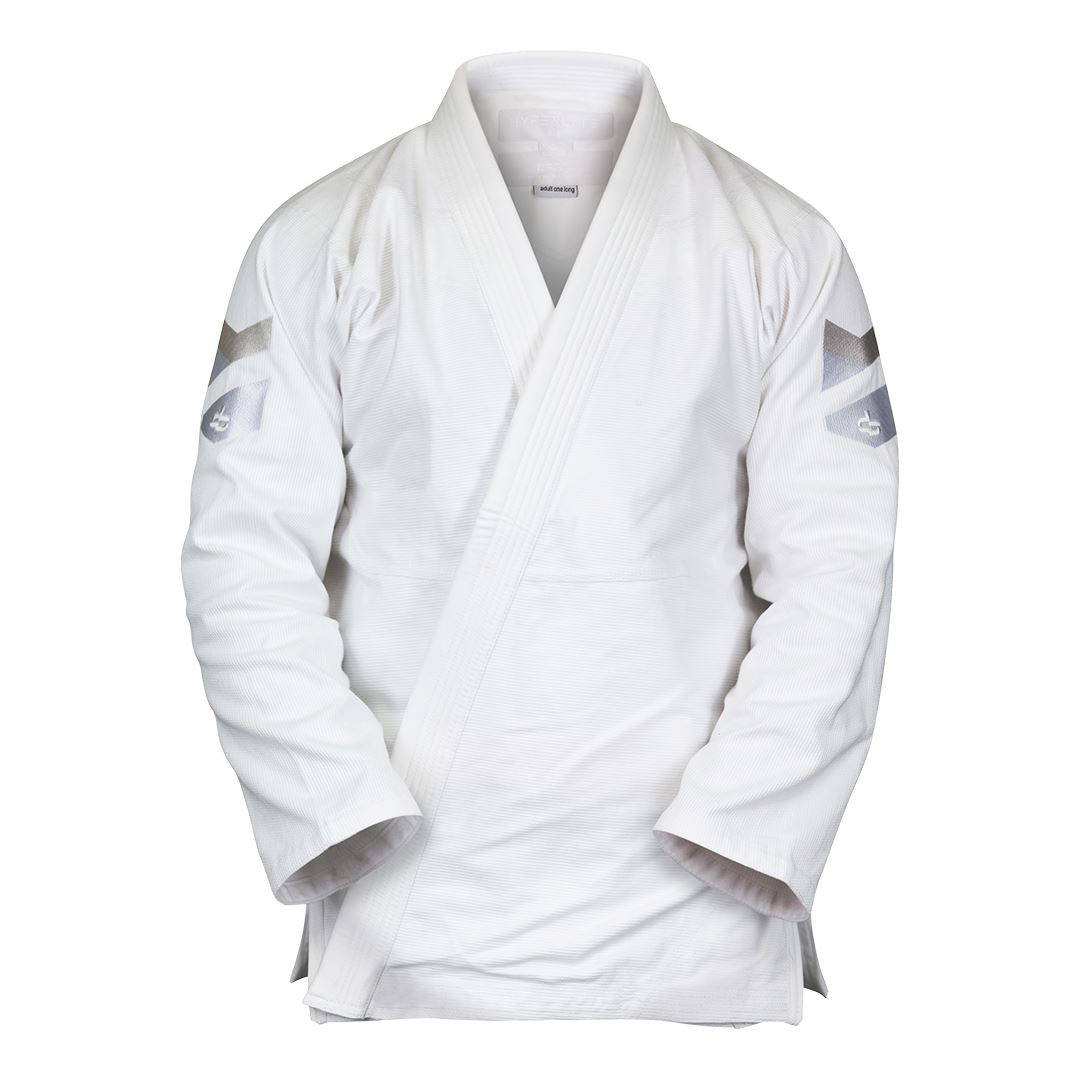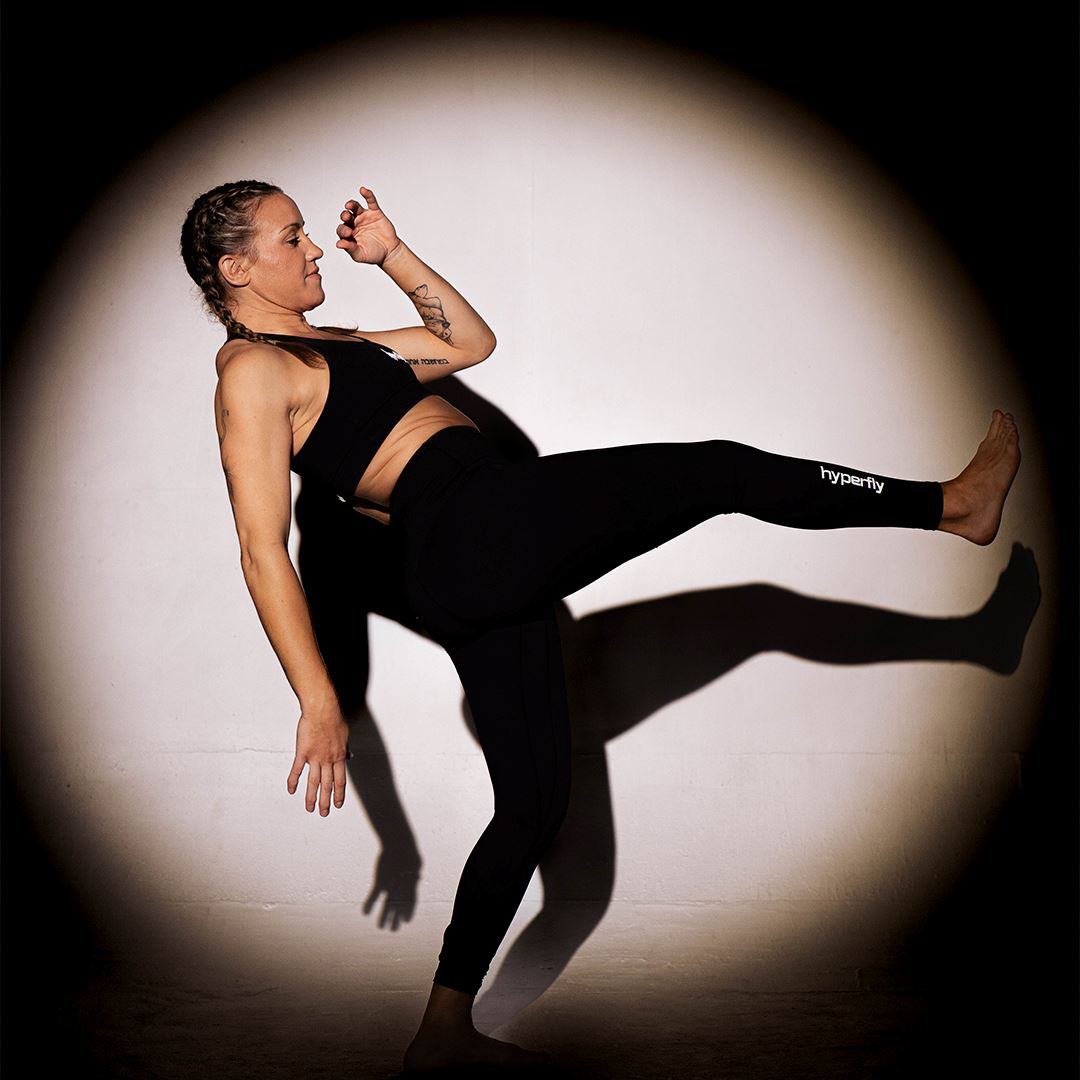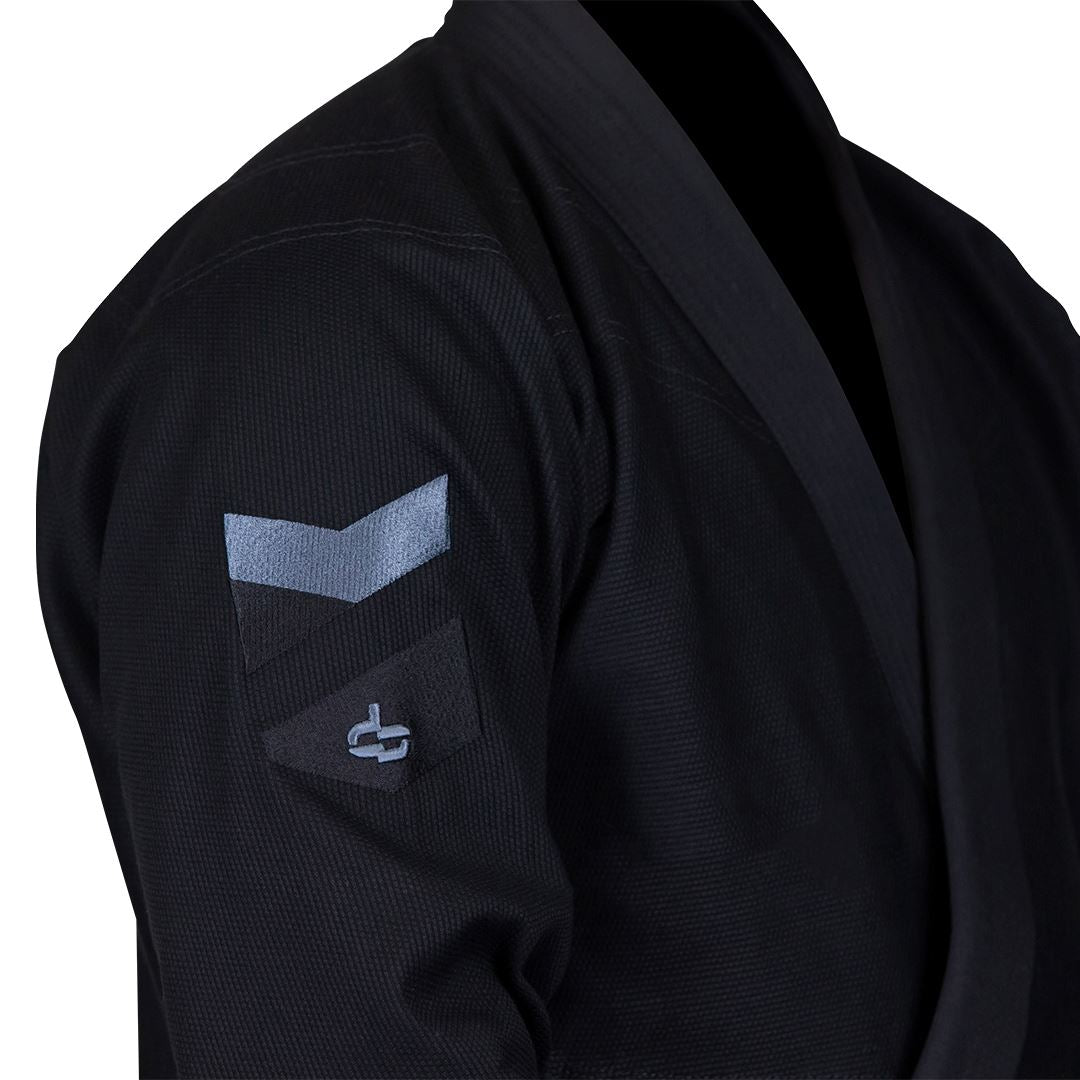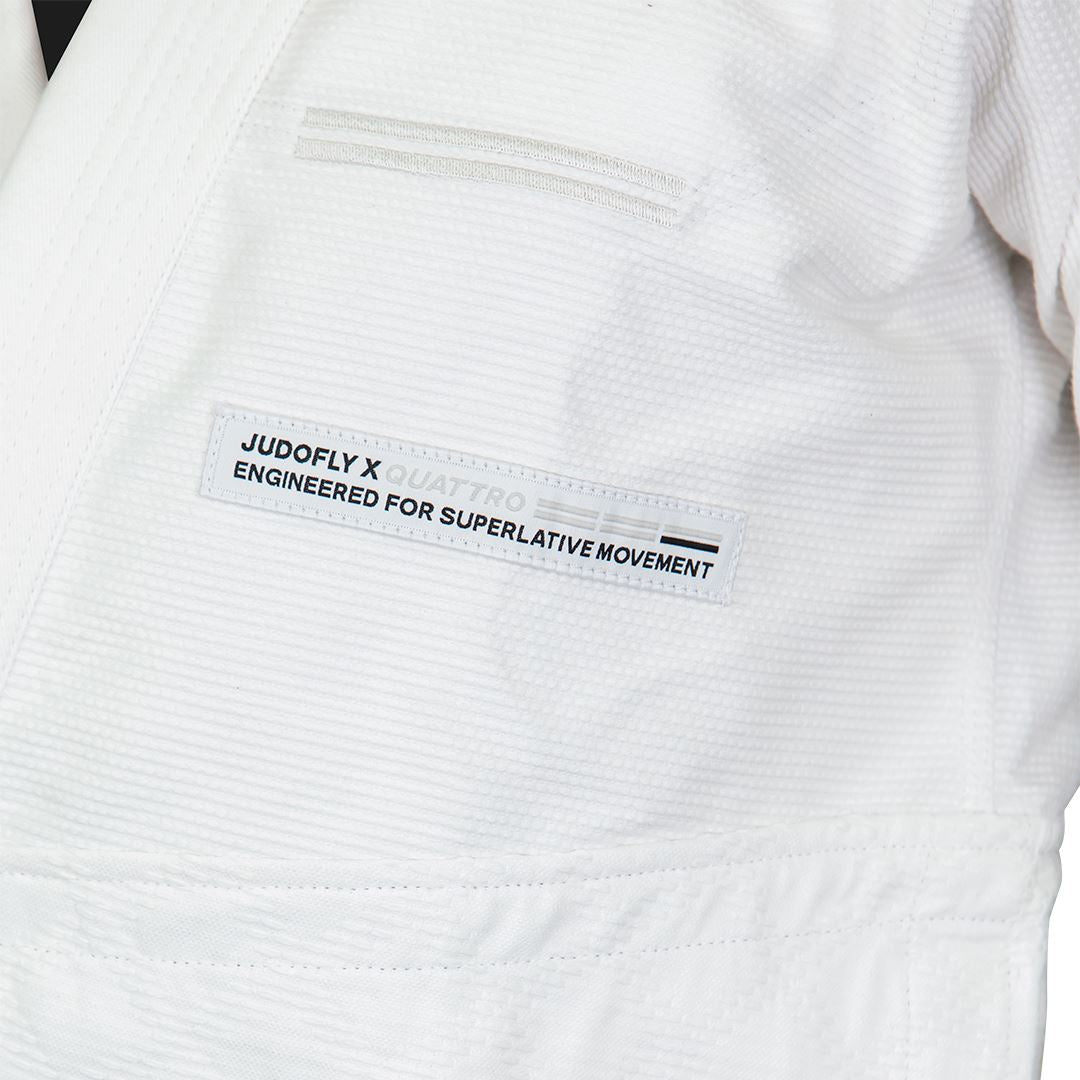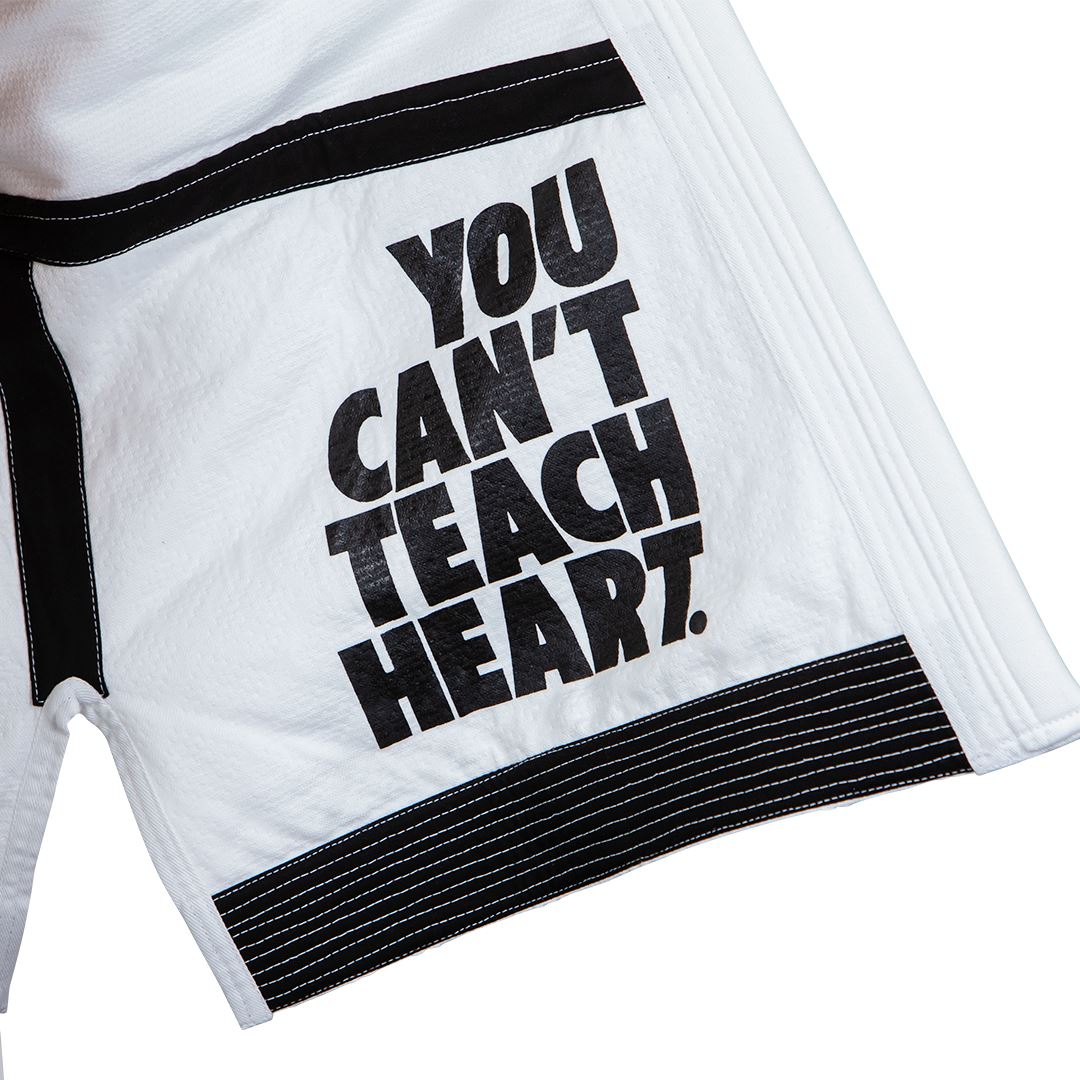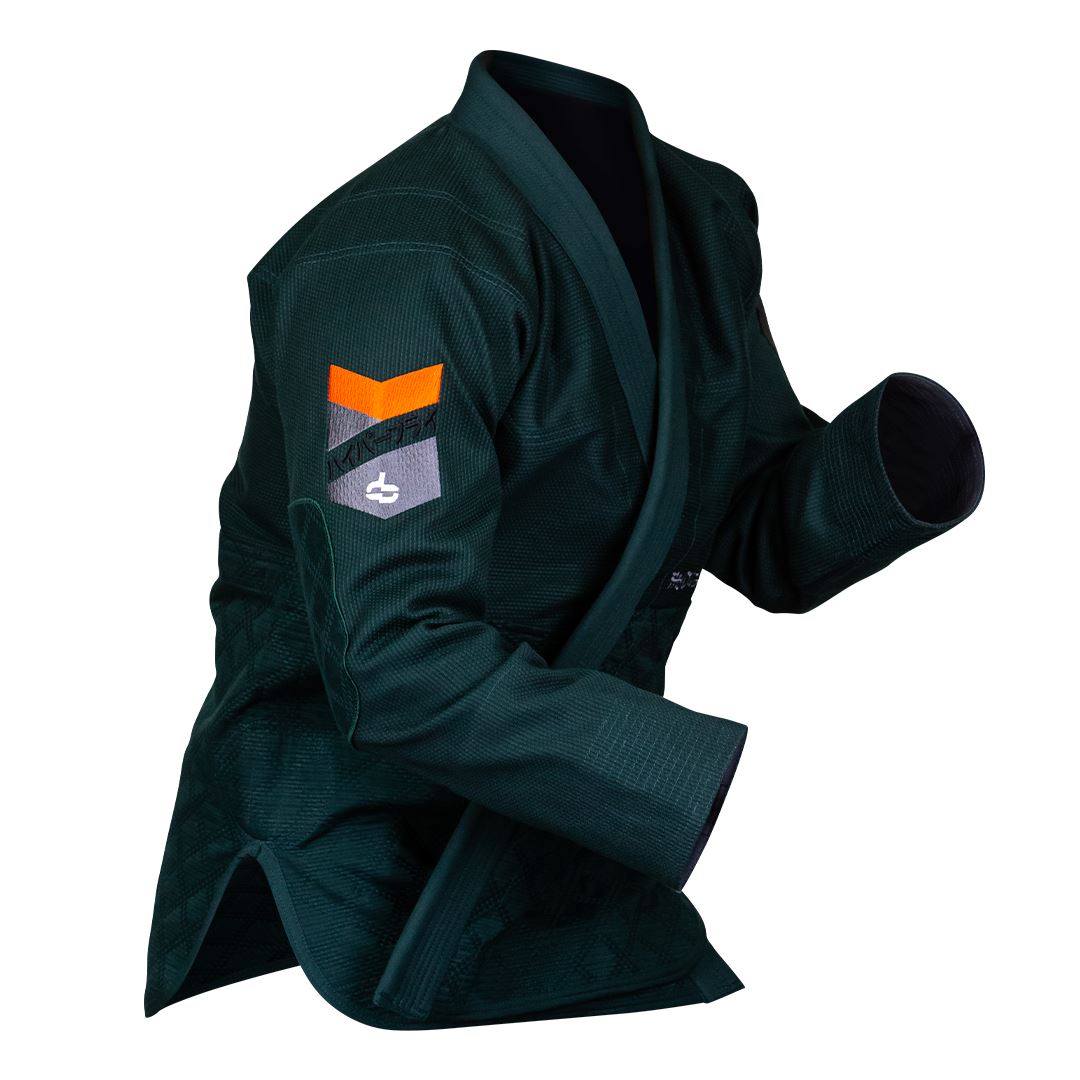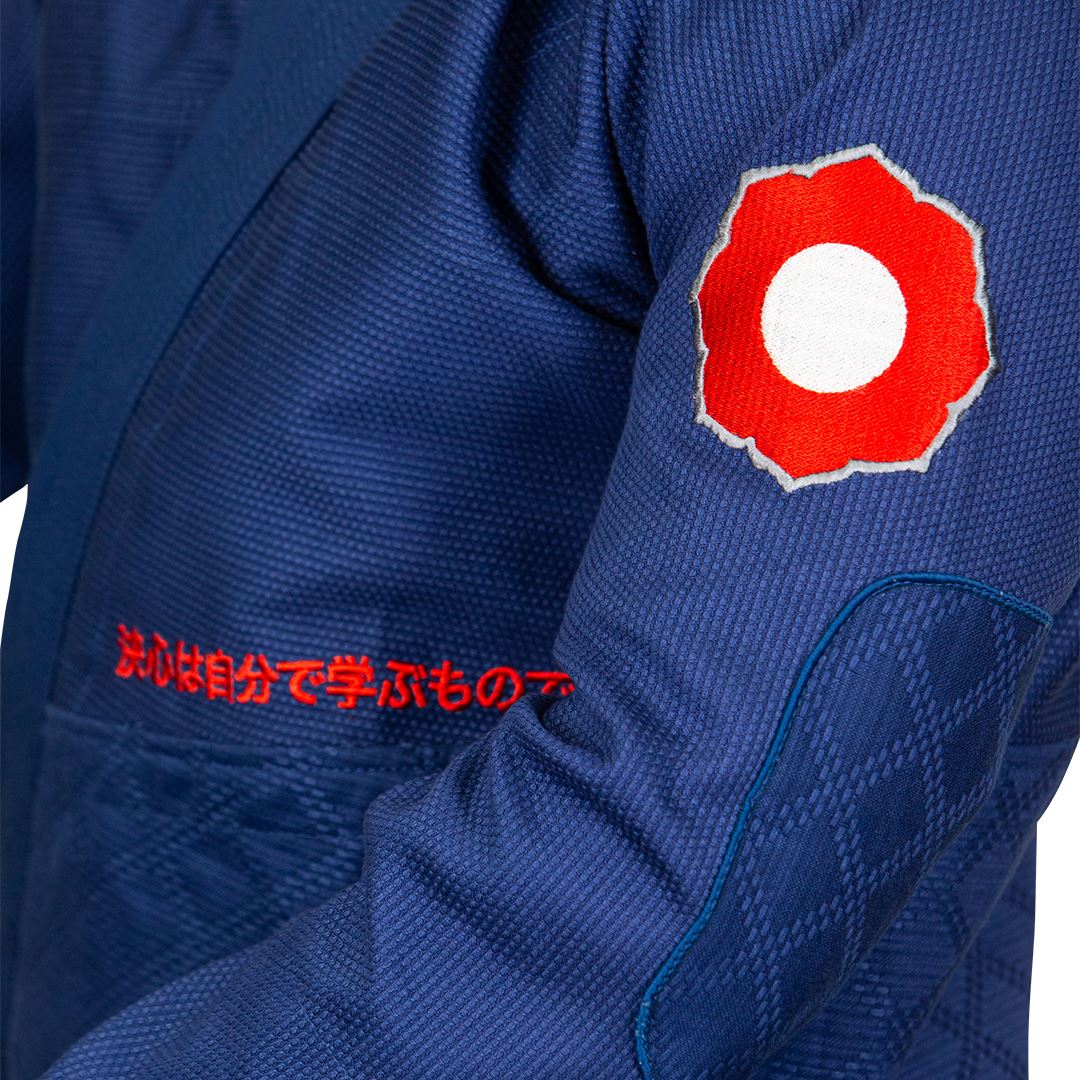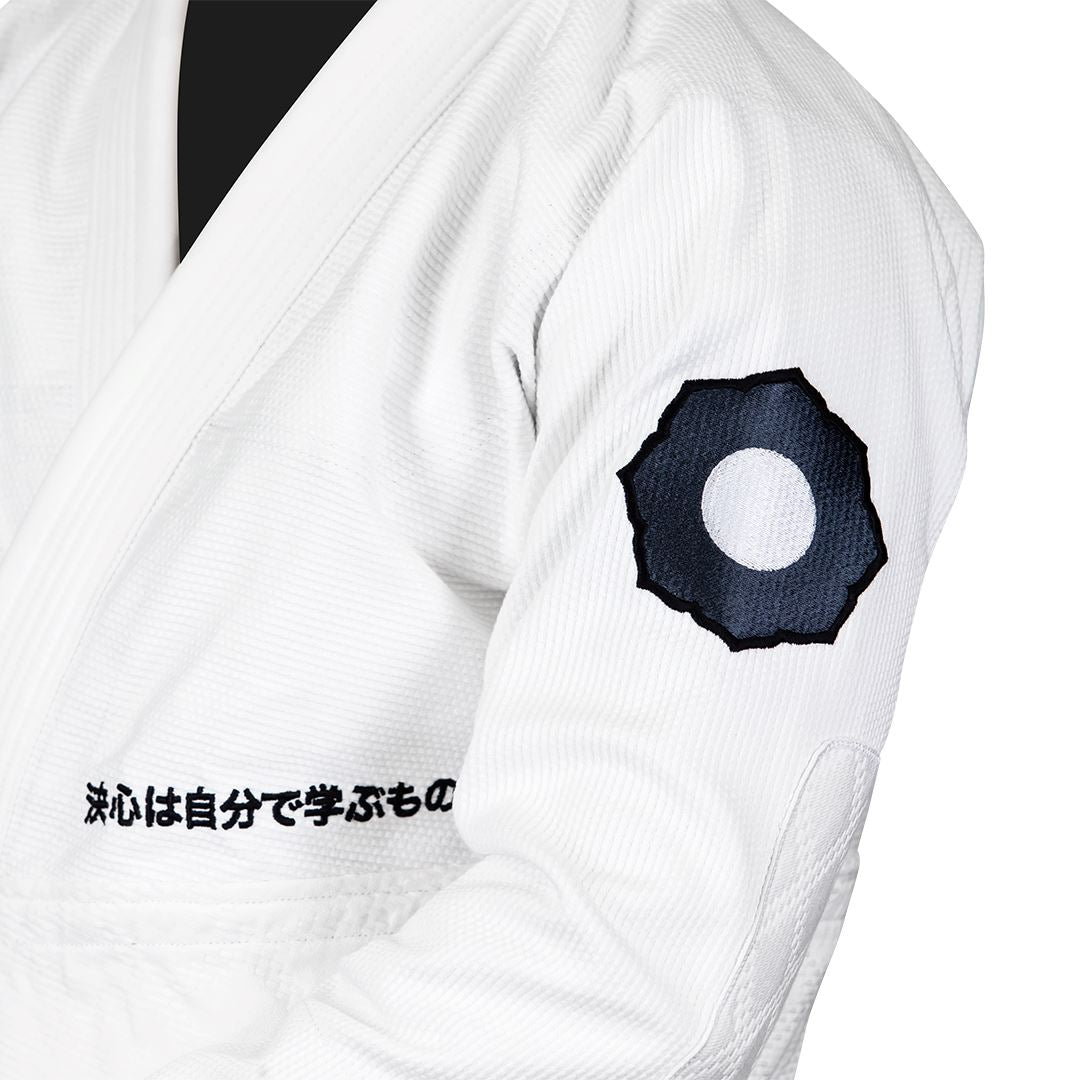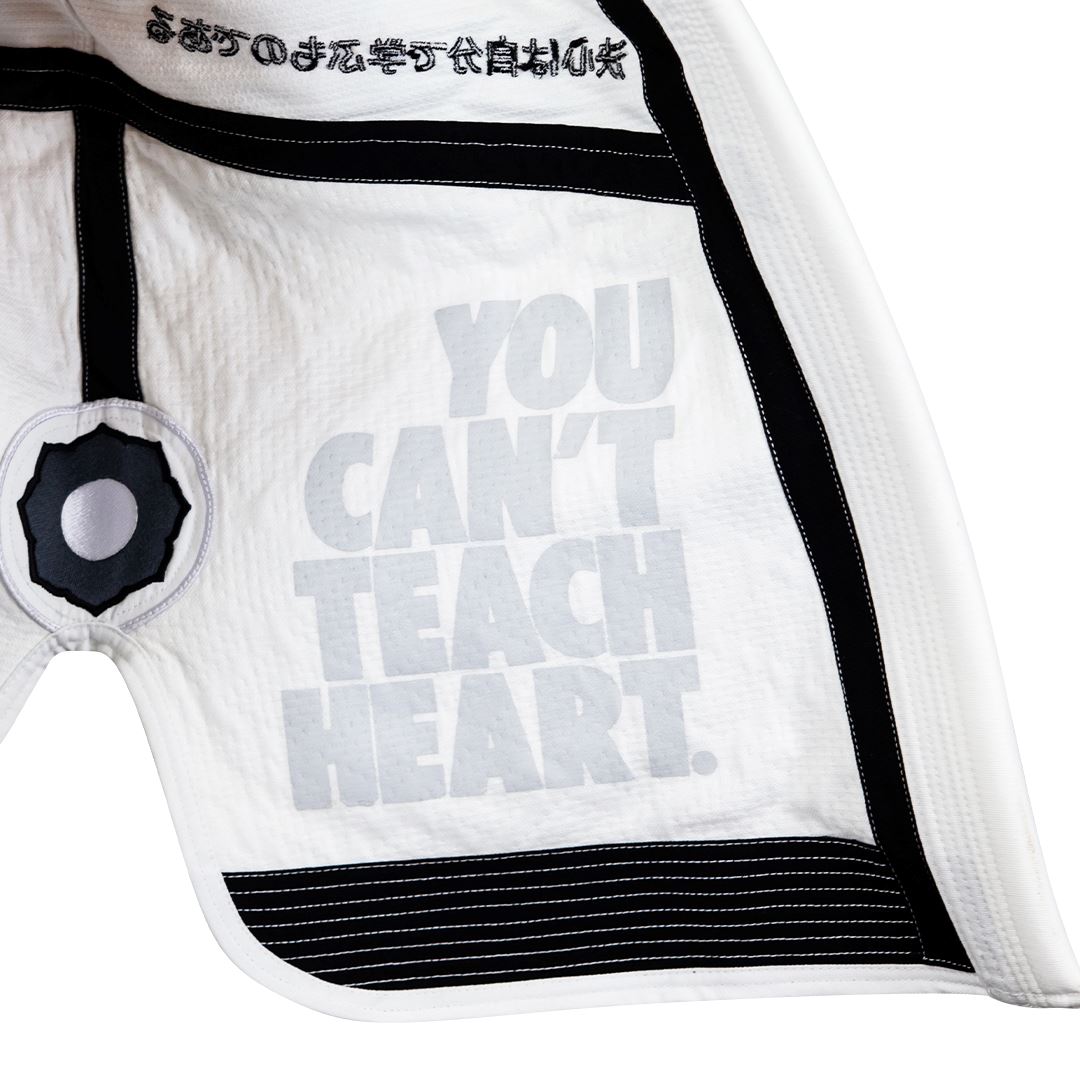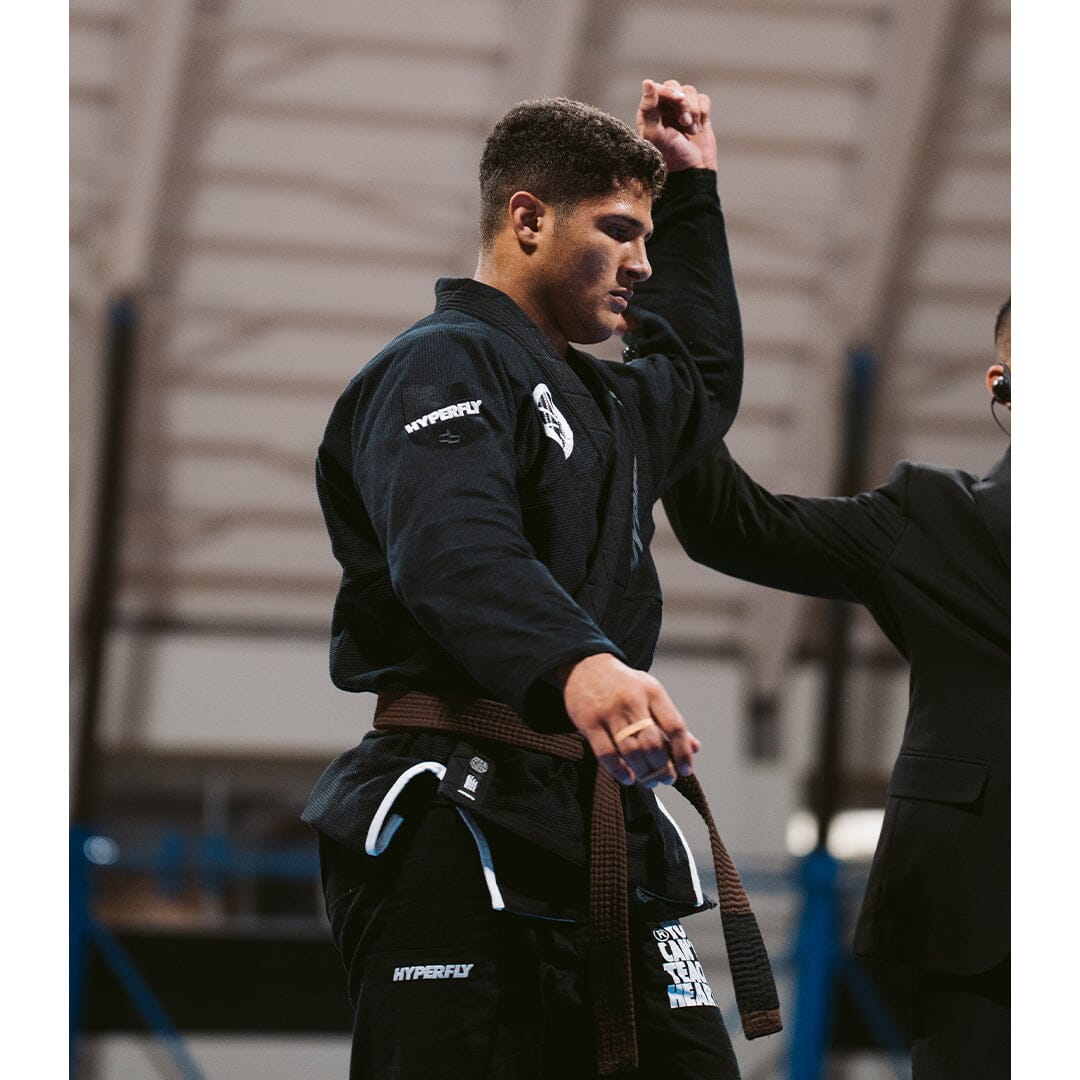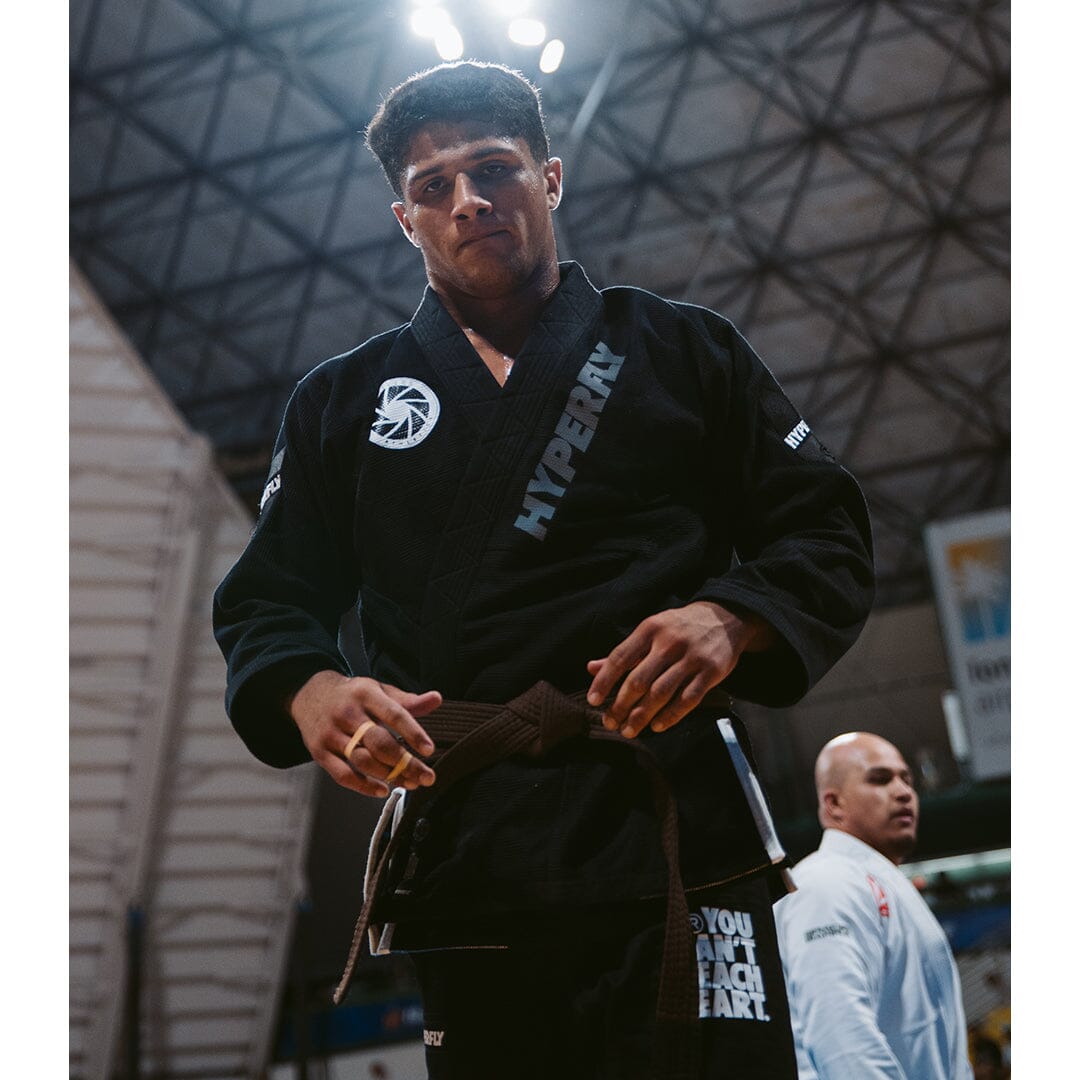** This article was written as a guest post by black belt Nathan Mendelsohn. This article is meant purely as a means of information. Hyperfly is not endorsing nor encouraging the enforcement of any of the below rules and/or traditions.**
- Written by Nathan Mendelsohn
Like any other martial art, Brazilian Jiu-Jitsu has many traditions and unspoken rules that have been passed down through the generations. As a martial art travels through time, across continents and borders, these traditions and rules often evolve, get distorted or sometimes are even abandoned completely.
Academies in Brazil generally uphold the classic traditions and rules of the art but as BJJ spreads across the globe some of them are lost in transit and in translation. Some academies, even if aware of these rules, choose not to observe them and/or criticize them. And it is their right to do so.
However, it is important to be aware of these rules both in order to make sure you don’t unwittingly ostracize yourself when joining or visiting a new gym, and also so you can make an informed decision on whether or not to adopt them if and when you run your own academy one day.
So, here are the "Top 4 Unspoken Rules of Brazilian Jiu-Jitsu."

NUMBER 1: DO NOT BRAG ABOUT TRAINING
This is one of the most sacred and important rules of Brazilian Jiu-Jitsu. First, training is meant to be just that: the process of improvement. When everyone is on the mat together trying to get better there should be nothing to brag about.
Landing a move in sparring is not the same as landing it in a tournament. Training is supposed to be a safe place for you to try new things, make mistakes and push yourself.
Your training partners, at any given time, may be trying a new move instead of their A-Game. They may be on their sixth day of training in a row when you’re fresh back after two days off. Or they're on their second training session of the day or could have hit a hard weight lifting session earlier that morning. Then you land a submission on them, brag about it to everyone at the academy and make it your Facebook status when you get home?
That’s not the way to act.
If you land a technique in training then it essentially doesn’t count. If you want to brag about hitting moves then land them in a tournament. Bragging about what happens during training leads to a counterproductively competitive environment at an academy where the students no longer feel free to experiment, push themselves and make mistakes. They no longer feel like their goal is to help each other get better, but instead to try and beat each other and then brag about it afterwards.
It also shows the character flaw of having an over inflated ego if one feels the need to brag about training in the first place and deflating your ego is supposed to be one of the first steps to self improvement made when one begins training Brazilian Jiu-Jitsu.
Bragging about training is ugly. Don’t be that guy/gal.
NUMBER 2: DO NOT CALL OUT A HIGHER BELT

This is one of the more controversial rules on the list and definitely is not observed by every academy across the world, though it is very commonly observed in Brazil.
Some people see it as a “power trip” indicating that higher belts believe they’re “better than” lower belts and that the lower belts don’t deserve to roll with them. However, it really just means time on the mat earns you preferential selection of training partners.
The longer you train and the higher you rise through the ranks the more you deserve the right to choose who you roll with. This is especially important for competitors trying to prepare themselves for an event.
When I myself am training for an event I choose who I want to roll with and when I want to roll with them. A lower belt cannot refuse to roll with me because they’re tired or don’t feel like it and a lower rank cannot choose to roll with me unless I want to roll with them. That leaves me free to set up my training in the optimal manner.
When you have reached a high rank you have earned the right to come to training and train the way you want to and with who you want. This is also important for older people who have a high belt and want to make sure they can train with the people they want to. A higher belt can be like a target on your back so you have the right to say “I want to train with you or I don’t.” A strong young lower belt can’t just call out an older, tired higher belt and beat up on them to show off. When you’re a lower belt you have to pay your dues to earn that privilege.
When people hear this rule they think it means higher belts don’t train with lower belts and that’s not true. At my academy we observe this rule and everyone trains with everyone. It just means that the higher ranks can say no to a roll from a lower belt and a lower belt can’t say no to a higher belt.
We ask a lower belt who wants to roll with a higher belt to request a roll by saying “I am available to roll if you need a partner.” That way if the higher belt doesn’t want to roll they can just say “Ok, thank you,” and move on without having to say “no” or feeling the need to give a reason why not.
This has never caused a problem in our academy and I believe it would only become one in an academy where higher ranks do have an ego or power-trip problem, and that would be evidence of a flaw in their character, not with the rule itself.
NUMBER 3: NEVER ASK FOR YOUR PROMOTION

Asking for your promotion at many academies is a surefire way to not get it. When you ask your professor for your promotion you are basically telling him or her that you think you know better than them whether or not you deserve it. You have no say in when you get your belts and thus you shouldn’t worry about it in the first place. Leave that one hundred percent up to your professors and trust that they will make the best decision for your progression.
If you don’t trust in your professors’ judgement then you’re at the wrong academy.
Once you get your black belt, you will hold that rank much longer than all the other ranks combined and you won’t even remember whether or not you spent a year or two more than you wanted to at any given belt.
What you and your professor will remember though is if you show a bad attitude about your promotions and whine about not getting promoted quickly enough.
When used correctly, belts are awarded in a manner that will help to form you into the best black belt possible when all is said and done. They are a tool to help in your progression more than a “reward” or a simple symbol of status. By dropping you progressively into higher and higher categories of competition the belt levels allow you to progress towards the black belt incrementally while working against the correct amount of resistance for your current skill level.
A good coach will strategically push you through those ranks in a way that will be the most beneficial to your progression. Sometimes that may even mean leaving you a little longer at a rank you are doing well at in competition to allow you to garner more experience winning matches.
This is a situation in which a student who does not trust their professors’ judgement may get impatient and start demanding their next rank, especially if they see others they beat in class or have been training longer than getting promoted ahead of them. This proves they are looking at the belts in the wrong way: as a status symbol. This way of looking at the belts is connected to your ego and means your heart is in the wrong place.
Never compare yourself to anyone else, instead focus on your own journey and doing that which will lead to you becoming the best possible black belt in the end. Blinders must be on to anyone else around you and what may be happening for them. This is also the way a good professor will approach promotions: evaluating each student individually and making a decision based on what will be best for their progression, not by comparing students to each other.
It is the students job to trust in their professors’ guidance, stop comparing themselves to other students, stop being in a rush to the black belt and just put their head down and grind at whatever belt they’re at, letting the belts come as they may.
And most importantly, always enjoy the journey!
NUMBER 4: NEVER PRACTICE A DIFFERENT MOVE THAN THE ONE BEING SHOWN
One of the most disrespectful things you can do is to practice something different than what is being shown by the instructor. That is sending a message to the instructor that you are bored by what they are showing, already know it well enough and/or don’t see value in practicing it.
Even if you have seen it before and even if you know it well you still must practice it, both out of respect and due to the fact that you can never have a technique down perfectly and thus, further repetition is always valuable.
If you have the steps to the move down that doesn’t mean it’s time to move on, that means it’s time for repetition. If you and your partner both have it down then do rounds of ten repetitions of the move each and switch back and forth until the instructor gives the cue to move on.
When Rodolfo Vieira stayed at my house for a month and trained at our academy he would start every training session with 50 repetitions of the basic armbar, kimura, and triangle. This is proof that it’s not about whether or not you know the moves but instead about fitting in as much repetition as possible in order to achieve true sharpness of technique.
They say “practice makes perfect” but perfection is always out of reach and getting as close as possible requires constant maintenance through repetition.
So don’t disrespect your instructor but talking or practicing a different move during technique time.
Drill, drill, drill, and repeat!














